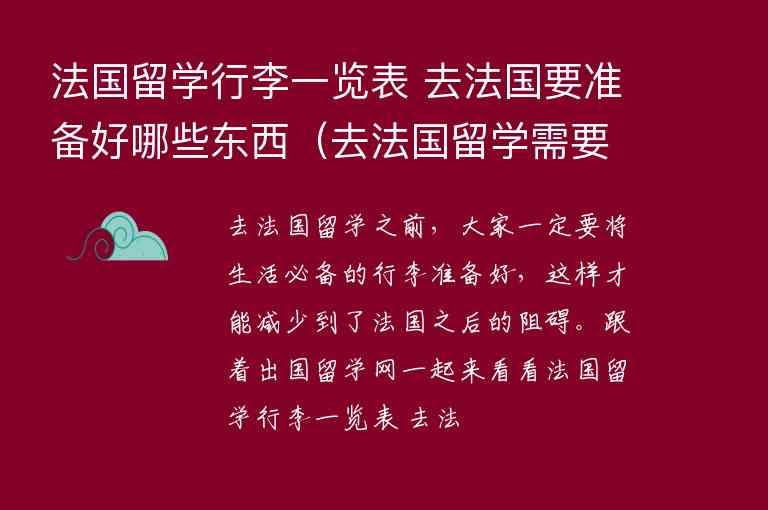英 [ˈæbstɪnəns] 美 [ˈæbstɪnəns]
一:abstinence的意思
abstinence是一个名词,指的是节制、禁欲或戒除某种行为或物品的状态。它来自拉丁语中的“abstinentia”,意为“节制、节约”。
二:怎么读(音标)
abstinence的音标为[ˈæbstɪnəns],其中重音在第一个音节上。
三:用法
1. 作为名词使用,表示戒除、节制的状态。
2. 可以用作动词形式abstain,表示“戒除、避免”。
四:例句1-5句且中英对照
1. She has been practicing abstinence for a month and she feels much healthier now.
她已经坚持了一个月的节制生活,现在感觉身体更健康了。
2. Many religious believers choose to practice abstinence during certain periods of time.
许多信徒选择在一定时期内进行禁欲。
3. The doctor advised him to abstain from alcohol and smoking in order to improve his health condition.
医生建议他戒酒和戒烟以改善他的健康状况。
4. He was able to overcome his addiction through sheer willpower and abstinence.
他通过强大的意志力和禁欲成功克服了他的瘾症。
5. The abstinence from junk food has greatly benefited her weight loss journey.
戒除垃圾食品对她的减肥之旅有着巨大的好处。
五:同义词及用法
1. restraint:指的是自我,特别是在面对诱惑时的抑制能力。
2. temperance:指的是节制、自我克制,通常用于指饮食和性欲方面。
3. sobriety:指的是清醒、冷静,也可以表示禁酒或戒烟。
4. self-denial:指的是自我克制、自我牺牲,通常用于或道德方面。
5. abnegation:指的是放弃、舍弃,通常用于表示放弃个人利益或欲望。
六:编辑总结
abstinence是一个多义词,在不同语境下可能有不同的含义。作为名词时,它表示节制、禁欲或戒除某种行为或物品的状态;作为动词时,则表示“戒除、避免”。在日常生活中,我们可以通过节制和自我来实现abstinence,从而获得更健康和积极的生活方式。



